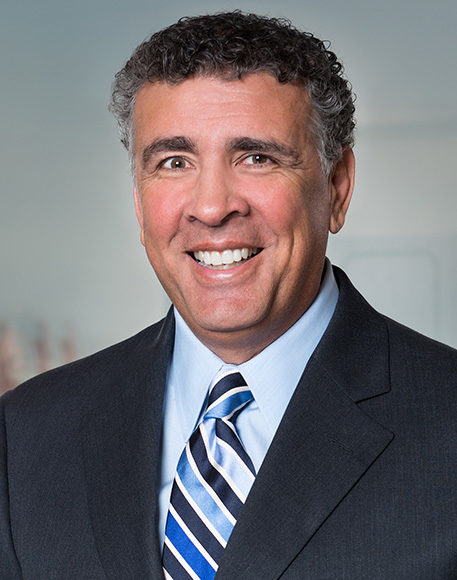How Does tPA Work to Reduce the Effects of Stroke?
 Strokes can be terrifying. If you are fortunate enough to catch it early on, and you can get to a hospital, you expect them to do everything they can in order to help you. For those suffering from stroke, a tissue plasminogen activator can reduce or potentially eliminate the effects if it is administered quickly and correctly.
Strokes can be terrifying. If you are fortunate enough to catch it early on, and you can get to a hospital, you expect them to do everything they can in order to help you. For those suffering from stroke, a tissue plasminogen activator can reduce or potentially eliminate the effects if it is administered quickly and correctly.
Tissue plasminogen activator (tPA) “is a drug used to break up a blood clot and restore blood flow to the brain,” and the drug is typically used to treat stroke patients. tPA is only effective up to a few hours after the stroke, so it is of critical importance that you get to a hospital as soon as possible.
The Detroit Medical Center states “tPA quickly dissolves the clots that cause many strokes. By opening a blocked blood vessel and restoring blood flow, tPA can reduce the amount of damage to the brain that can occur during a stroke.”
Exactly how tPA works to break up that blocked vessel is a little more involved:
- tPA attaches to the fibrin on the clot surface: tPA finds its way to the surface of the clot, where fibrin (a protein involved in blood clotting) is located.
- It activates the fibrin-bound plasminogen: The tPA activates plasminogen, a protein that’s bound with fibrin.
- Plasmin is subsequently cleaved from the plasminogen affiliated with the fibrin: Now, activated plasminogen becomes plasmin. This newly formed plasmin is connected to the fibrin, ready to get to work.
- The plasmin breaks up the molecules of fibrin, and the clot dissolves: Plasmin starts breaking down the fibrin molecules. As a result, the clot gradually dissolves, and blood flow returns to normal.
What types of strokes are tPA used for?
There are two primary classifications of strokes: ischemic strokes, resulting from arterial blockages leading to oxygen deprivation and subsequent damage to neurons, and hemorrhagic strokes, arising from the rupture of a blood vessel inside the brain.
tPA is only used on patients afflicted with ischemic strokes. Administering the drug to those who are suffering from a hemorrhagic stroke will only exacerbate the situation.
Other uses for tPA
While tPA is generally used for those who’ve recently suffered a stroke, other uses for tPA include:
- Treating patients suffering from a heart attack.
- Patients with heavy-duty pulmonary embolisms causing serious heart pressure and instability.
- Thrombolysis situations, like addressing deep vein thrombosis.
According to UC Health, “a tPA is administered through an IV with treatment lasting about one hour. Patients are monitored closely throughout the process, and about 55% of patients who receive a tPA are more likely to go home following treatment.”
What are the risks of tPA?
As with any drug, there are risks in using tPA, such as bleeding issues. The bleeding can be internal, such as in the brain or stomach, or on the surface, like at cut sites. However, studies show that while there’s more intracranial bleeding with higher tPA doses, it doesn’t necessarily increase the risk of death or severe problems later on. For heart conditions, tPA might cause heart rhythm issues when blood starts flowing to the tissues again.
Additionally, there’s a possibility of allergic reactions, including serious ones like anaphylaxis, after tPA administration. The chance of these reactions depends on the source of tPA used. The quick transformation of plasminogen to plasmin, triggered by tPA, can set off a chain of reactions in the body, leading to allergic-type responses. Overall, the risks, including bleeding and allergic reactions, are linked to the amount of tPA used.
Garcia & Coman stands ready to assist those who have been denied timely tPA administration by their doctors. If you or a loved one has suffered due to the neglect of this critical intervention, please fill out our contact form or call our office to arrange a free consultation today. We have offices in Phoenix, Long Beach, Los Angeles, Louisville, and New Orleans. Let us help you.

Stephen M. Garcia represents victims of elder and nursing home abuse and is known as one of the leading civil litigators in the country. He is Senior Partner at Garcia & Coman, where the firm’s practice is focused on elder abuse, nursing home abuse, and wrongful death of the elderly.
Find out more about Stephen M. Garcia

